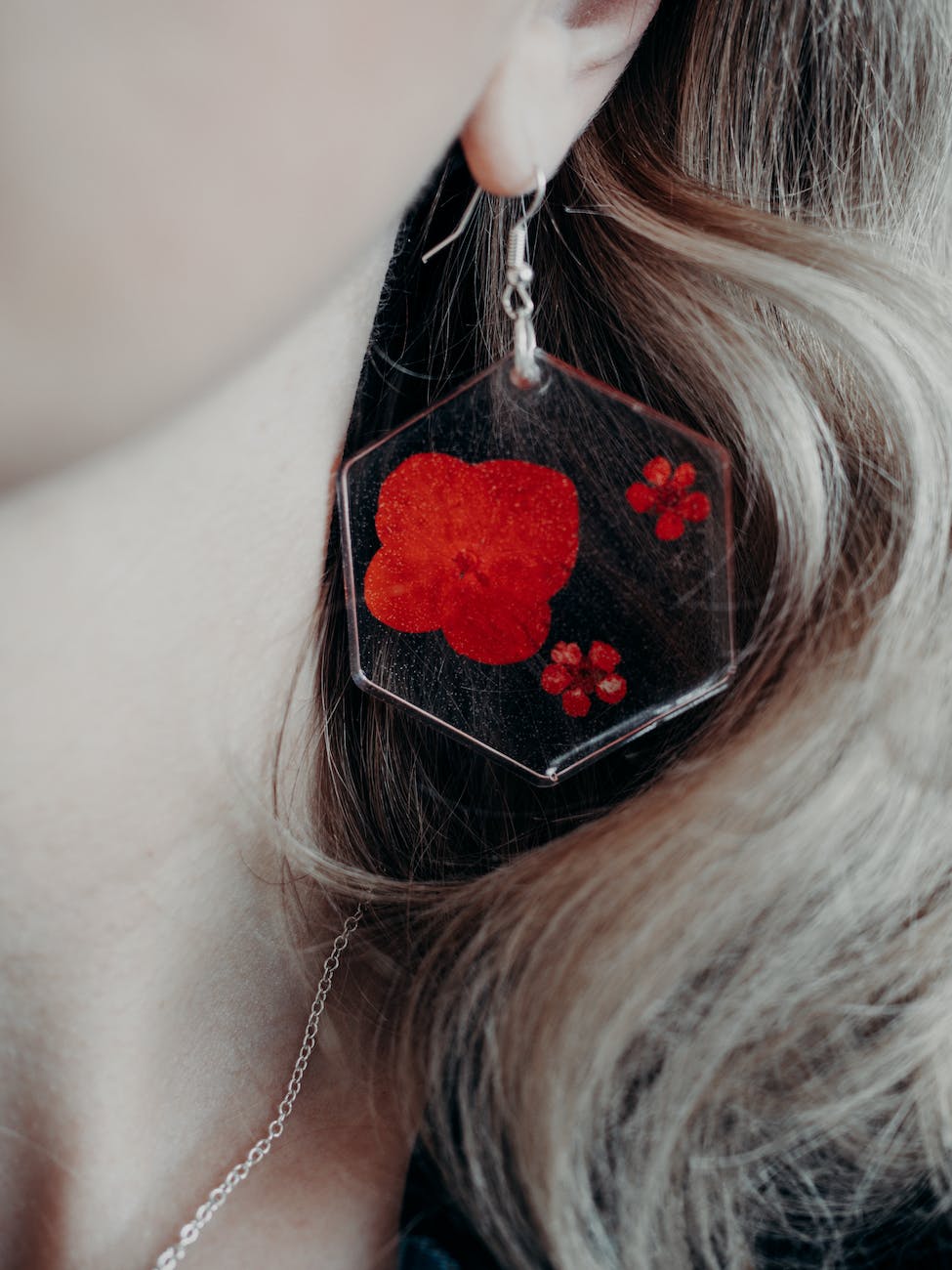what materials should you avoid in jewelry?
When it comes to choosing jewelry, it’s important to consider the materials used. Certain metals can cause allergies, skin irritation, or even pose serious health risks. In this article, we will explore the different metals commonly used in jewelry, the potential risks associated with them, and safer alternatives to consider.
What are the common metals used in jewelry?
Understanding the different metals used in jewelry
Metals such as gold and silver have long been used in jewelry-making due to their beauty and durability. Pure gold, or 24k gold, is too soft for most jewelry applications, so it is often alloyed with other metals to increase its strength. Common alloys include 18k gold (75% gold and 25% other metals) and 14k gold (58.3% gold and 41.7% other metals).
Sterling silver is another popular choice for jewelry. It is an alloy containing 92.5% silver and 7.5% other metals, usually copper. This composition gives sterling silver its strength while maintaining its silver appearance.
Is it safe to wear jewelry made of base metals?
Base metals, such as brass and zinc, are sometimes used in costume jewelry. While these metals may be more affordable, they can cause skin irritation and tarnish over time. If you have sensitive skin, it is best to avoid jewelry made of base metals and opt for higher-quality materials.
What is nickel and why is it important in jewelry?
The role of nickel in jewelry production
Nickel is often used in jewelry production as it helps create durable and corrosion-resistant alloys. It is commonly found in white gold, nickel silver, and some stainless steel jewelry. However, nickel can cause allergic reactions in some individuals.
Is nickel safe for people with sensitive skin?
For people with nickel allergies or sensitive skin, wearing jewelry containing nickel can lead to skin irritation and discomfort. It is important to identify jewelry that contains nickel and avoid wearing it if you are prone to nickel allergies.
How to identify jewelry that contains nickel
Jewelry that contains nickel is often electroplated or coated with a layer of rhodium or gold to minimize direct contact with the skin. However, over time, this plating can wear off, exposing the nickel underneath. If you suspect a piece of jewelry contains nickel, you can purchase a nickel testing kit or consult with a jeweler to determine its composition.
What are the potential health risks associated with cadmium in jewelry?
The dangers of cadmium exposure
Cadmium is a toxic metal that can cause serious health issues if ingested or if it comes into direct contact with the skin for extended periods. Long-term exposure to cadmium has been linked to kidney damage, cancer, and other adverse health effects.
How can you avoid jewelry containing cadmium?
To minimize the risk of exposure to cadmium, it is important to purchase jewelry from reputable sources and inquire about the materials used in its production. Avoid jewelry that is plated or coated with cadmium and opt for safer alternatives such as sterling silver or platinum.
Is it safe to wear cadmium-plated jewelry?
While cadmium plating may enhance the appearance of jewelry, it is not recommended for long-term wear due to the potential health risks associated with cadmium exposure. It is best to choose jewelry made from non-toxic materials to ensure your safety.
Is platinum a safe choice for jewelry?
Understanding the benefits of platinum jewelry
Platinum is a popular choice for high-end jewelry due to its durability, hypoallergenic properties, and timeless appeal. It is often used in its pure form or alloyed with other metals such as iridium. Platinum jewelry is resistant to tarnish and corrosion, making it an excellent long-term investment.
Are there any potential side effects of wearing platinum jewelry?
While platinum jewelry is generally considered safe to wear, some individuals may experience minor skin irritations due to an allergic reaction to the alloys used. If you have a known sensitivity, it is advisable to consult with a jeweler to ensure the platinum jewelry you choose is suitable for your needs.
What to consider before choosing platinum for your jewelry
Before purchasing platinum jewelry, it is important to consider factors such as cost, design, and personal preferences. Platinum jewelry tends to be more expensive than other metal options, but its durability and beauty make it a worthwhile investment for many people.
Is titanium a good alternative for people with metal allergies?
The hypoallergenic properties of titanium jewelry
Titanium is known for its hypoallergenic properties, making it an excellent choice for individuals with metal allergies or sensitive skin. It is lightweight, durable, and resistant to corrosion, making it suitable for everyday wear.
Can titanium jewelry cause skin irritation?
In general, titanium jewelry is unlikely to cause skin irritation or allergic reactions. However, everyone’s skin is unique, and some individuals may still experience minor discomfort. If you have a known titanium allergy, it is best to avoid wearing titanium jewelry altogether.
Is titanium jewelry durable and suitable for everyday wear?
Titanium jewelry is highly durable and can withstand the rigors of daily use. It is resistant to scratches, tarnish, and corrosion, making it an excellent choice for those who lead an active lifestyle. Additionally, titanium is often used in the production of wedding rings due to its symbolism of strength and longevity.
